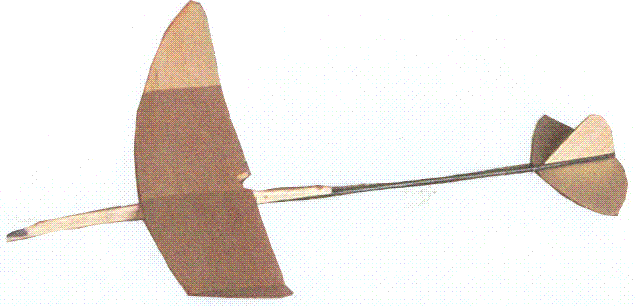Balsa Wood
Balsa wood is a very interesting material and is typically used for construction of model airplanes. Balsa is technically a hard wood, because of the shape of the leaves. It is not the lightest wood, but it is the lightest wood which has some strength. Actually Balsa wood’s strength to weight ratio and stiffness to weight ratio is very good, better than any man made material that I am aware of. It is not considered to be a great material to use for the design of most things because its properties vary greatly.
Like with most woods, balsa wood does not have well defined mechanical properties. Its properties vary greatly with the gain direction of the wood and the moisture in the wood. But if one wants to do some design calculations some rough properties are needed. Below is a table of balsa wood properties which I use to do design calculations. These values were obtained for other books and websites, along with some of my own measurements.
Properties
| Light | under 5 lbs/ft^3 | .00289lbs/in^3 | 1.31 g/in^3 |
| Medium | 5 to 9 lbs^ft3 .00289 to .00521 lbs/in^3 | 1.31 g/in^3 to 2.36 g/in^3 | |
| Heavy | over 9 lbs/ft^3 | .00521 lbs/in^3 | 2.36 g/in^3 |
Compressive Strength
| Light | 680 lbs/in^2 |
| Medium | 1750 lbs/in^2 |
| Heavy | 2830 lbs/in^2 |
Tensile Strength
| Light | 1100 lbs/in^2 |
| Medium | 2890 lbs/in^2 |
| Heavy | 4670 lbs/in^2 |
Elastic Modulus In Compression
| All | 66700+-10300 lbs/in^2 |
Elastic Modulus In Tension
| All | 185,300 +- 65400 lbs/in^2 |
Formula to Calculate Wood Pounds in Ft^3.


